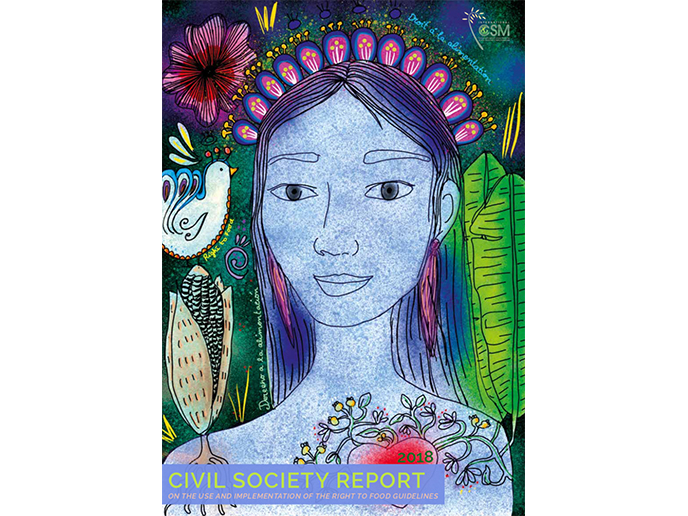Executive Summary:
The right to food is a fundamental pillar to the right to life. Yet it is also arguably the most violated human right globally. Today, hundreds of millions of individuals – some 821 million – remain food insecure. They lack consistent physical and economic access to sufficient, safe and nutritious food to meet their dietary needs. They face obstacles to securing an adequate income to purchase the food needed to feed their families in a dignified manner, and to acquiring rights and access to the resources – water, land, seeds, biodiversity – necessary to produce food. Many laws and policies support industrial, mono-culture modes of agricultural and food production that feed corporate supply chains and harm the environment, while rates of malnutrition continue to soar with massive impacts on the health and wellbeing of populations across the globe. Many who seek to defend their own right to food, and that of their communities and peoples, face retaliation, criminalization, persecution and – all too often – death. These and many other violations of the right to food occur daily, in all corners of the planet, most often in the absence of any possibility of recourse, of access to justice, or of enforcing state accountability.
Although these violations occur, there is a deepening awareness that the realization of the right to food is foundational for achieving food security, poverty eradication, sustainable livelihoods, social stability, peace and security, economic growth, and rural and social development. Right to food realization will also be necessary to meet the ambitious targets set forth in the Sustainable Development Goals (SDGs) for 2030. Just as the importance of the right to food is acknowledged, there is also growing normative consensus on the scope and content of the human right to food, of states’ corresponding obligations to ensure its realization, and of the steps states can take to meet these obligations.
The Voluntary Guidelines to support the Progressive Realization of the Right to Adequate Food in the Context of National Food Security (the RTF Guidelines) have played a critical role in establishing consensus on how to implement the right to food. Spurred by a determined alliance of governments, civil society organizations (CSOs) and UN offices, the RTF Guidelines were negotiated through a participatory process in the Committee on World Food Security (CFS) and adopted unanimously by all member states of the United Nations Food and Agriculture Organization (FAO) in 2004. Since their adoption, the RTF Guidelines have been used to create tool kits and policy guidance to assist states with national implementation. They have also been used, particularly by the Right to Food Unit, now Team, at the FAO, to assist governments in adopting national strategies and legislation aimed at right to food realization.
The RTF Guidelines remain a foundational and ever relevant text, providing critical guidance on right to food implementation. Over the last decade, however, the international community has expanded and deepened its understanding of the steps states should take to realize the right to food, enhancing the recommendations laid out in the Guidelines. The challenge that remains is to translate this understanding into concrete actions on the ground. This synthesis report summarizes the results of broad consultation amongst social movements, Indigenous peoples, small-scale food producers, non-governmental organizations (NGOs), and other CSOs on the use and implementation of the RTF Guidelines, as well as the main challenges that negatively impact the realization of the right to food and nutrition. It is a contribution from the Civil Society Mechanism (CSM) to the Global Thematic Event on the RTF Guidelines to be held during the 45th session of the CFS in October 2018. As such, it aims to contribute to promoting learning from experience and accountability in the CFS, the foremost inclusive international and intergovernmental platform on food security and nutrition, and to reinforcing the important role of monitoring at the CFS.
Download PDF: „Civil Society Report: On the Use and Implementation of the Right to Food Guidelines“

